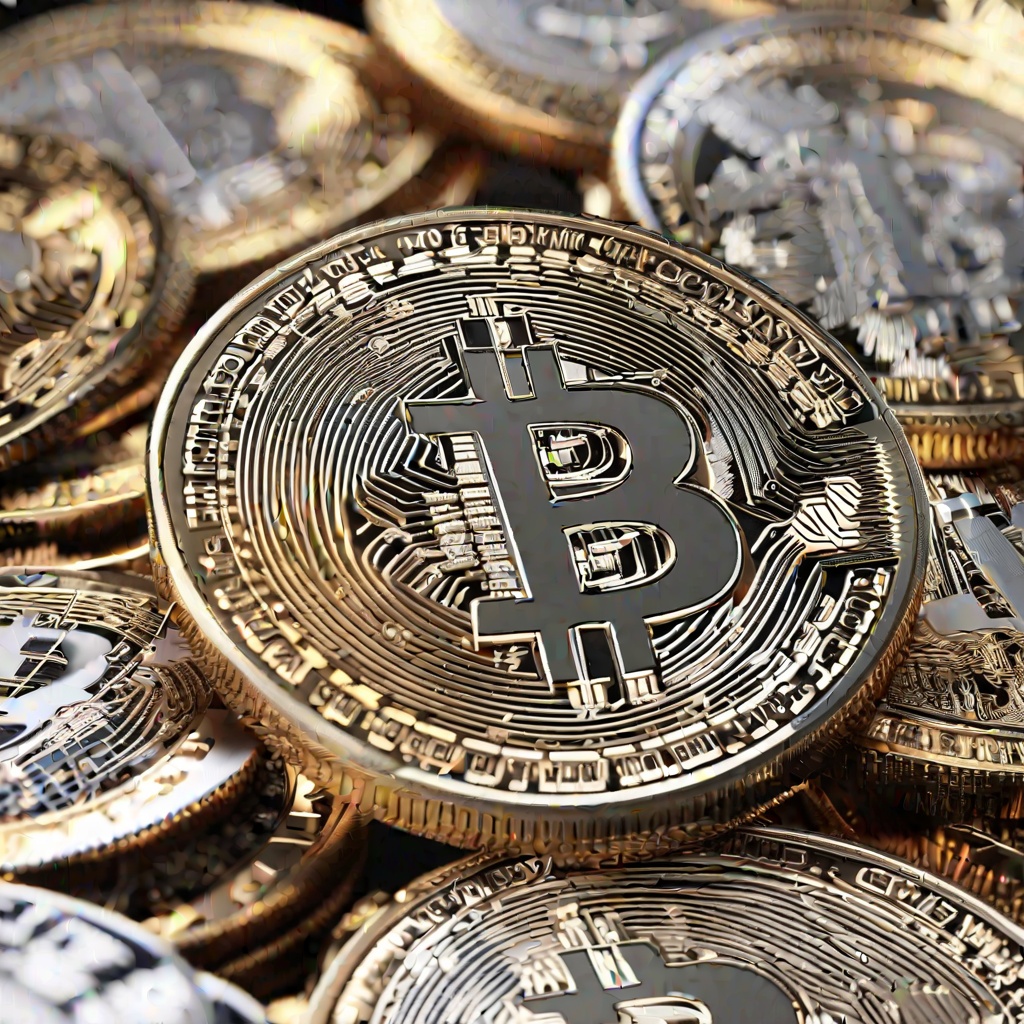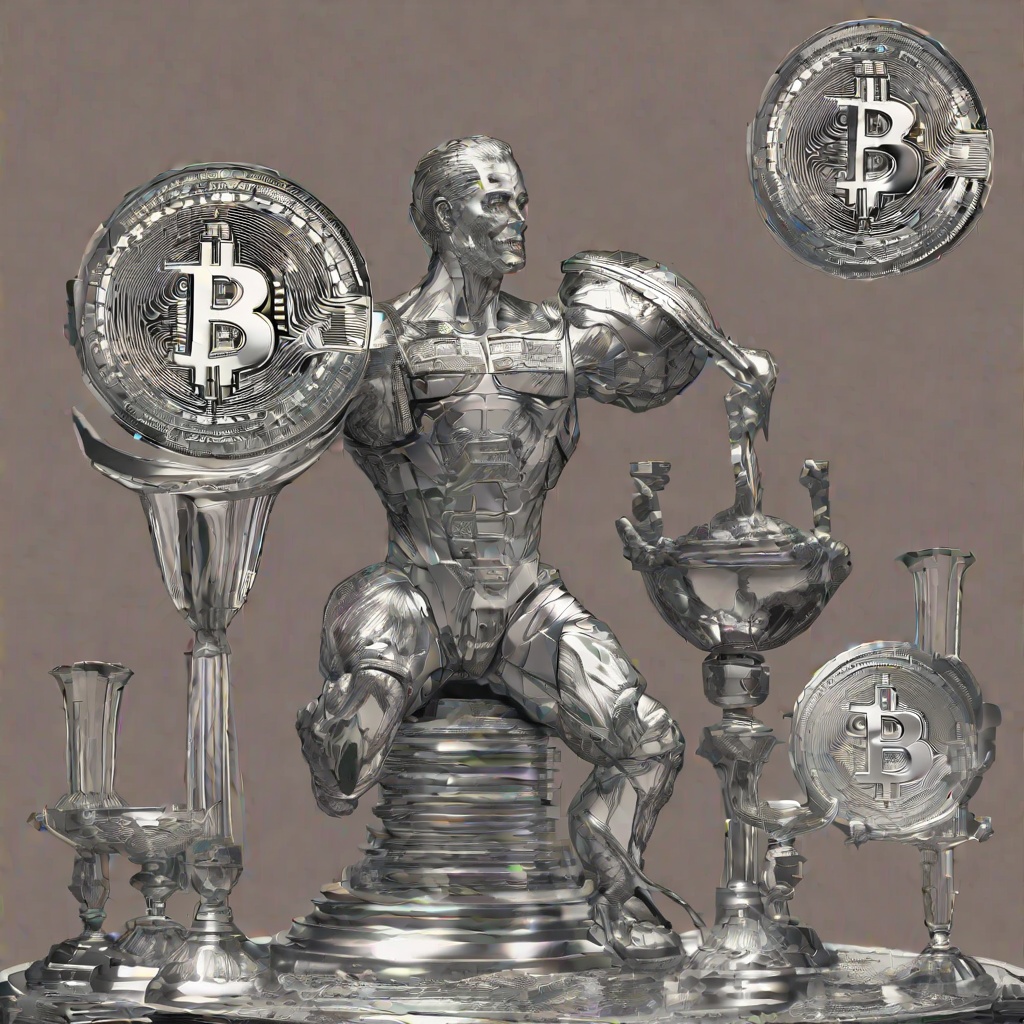What is the difference between pink sheet and OTC?
Could you please elaborate on the distinction between pink sheet and OTC markets? I'm curious to understand how they differ in terms of regulation, trading activity, and the types of securities they offer. Specifically, are there any notable benefits or drawbacks of trading in one over the other? Additionally, how do investors typically access these markets, and what factors should they consider when making investment decisions in either of these markets?

Can OTC stocks go to zero?
Are you aware of the potential risks associated with investing in over-the-counter (OTC) stocks? While they may offer unique investment opportunities, it's important to note that these stocks are not listed on major exchanges and can therefore be subject to higher levels of volatility and illiquidity. In some cases, these factors can lead to the stock price dropping significantly, or even going to zero. Have you done your due diligence to understand the risks and potential outcomes of investing in OTC stocks?

Which is better exchange traded or OTC?
So, you're considering your options in the world of cryptocurrency trading and you're wondering, "Which is better: exchange traded or over-the-counter (OTC)?" Well, let's dive into it. Exchange traded trading, on the one hand, offers a high level of transparency and liquidity. You can easily see the bid and ask prices, and the market is always open for trading. Plus, exchanges have built-in mechanisms to prevent fraud and ensure fair pricing. However, exchange traded trading may come with higher fees and more competition, which can make it harder to execute large trades without impacting the market. On the other hand, OTC trading allows for more privacy and flexibility. You can negotiate directly with a counterparty, which can lead to better pricing and larger trade sizes. Plus, OTC trading can be done on a 24/7 basis, making it more convenient for traders in different time zones. However, OTC trading may come with more risk, as there are fewer regulations and less transparency. So, which is better? It really depends on your needs and preferences as a trader. If you're looking for transparency, liquidity, and protection from fraud, exchange traded trading may be the way to go. But if you're looking for privacy, flexibility, and the ability to execute large trades, OTC trading may be a better fit. Ultimately, it's up to you to weigh the pros and cons and make the decision that's right for you.

How do I buy OTC?
Are you interested in purchasing cryptocurrency through an Over-The-Counter (OTC) transaction? If so, you're likely wondering how to navigate this process. OTC transactions typically involve buying or selling large amounts of cryptocurrency directly with another party, bypassing traditional exchanges. To buy OTC, you'll need to find a reputable OTC desk or broker that can facilitate the transaction. This may involve researching different options, comparing fees, and verifying the legitimacy of the desk or broker. Once you've found a suitable partner, you'll need to agree on the terms of the trade, including the price, quantity, and payment method. The transaction will then be executed directly between you and the other party, often with the assistance of an escrow service to ensure security. Keep in mind that OTC transactions can be complex and involve significant risks, so it's important to thoroughly understand the process and work with a reputable partner.

What is the best OTC crypto exchange?
Are you in the market for an Over-The-Counter cryptocurrency exchange, seeking the most optimal platform to facilitate your transactions? If so, it's crucial to weigh the pros and cons of various options to determine which offers the best fit for your unique needs. Factors such as security, reputation, range of supported coins, transaction fees, and ease of use are paramount considerations. Do you have any specific requirements or concerns that should be taken into account when evaluating the best OTC crypto exchange for you?

